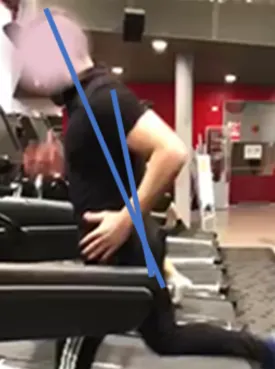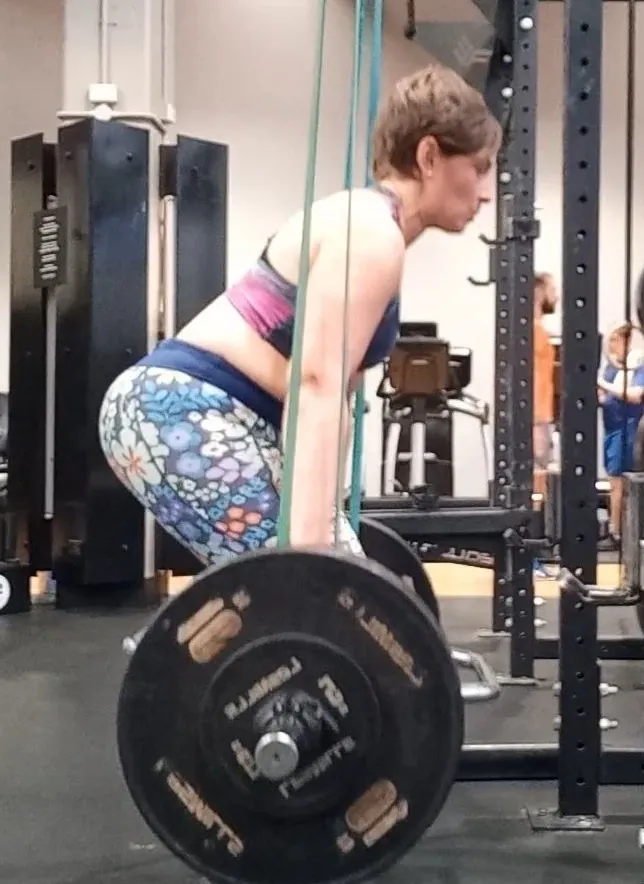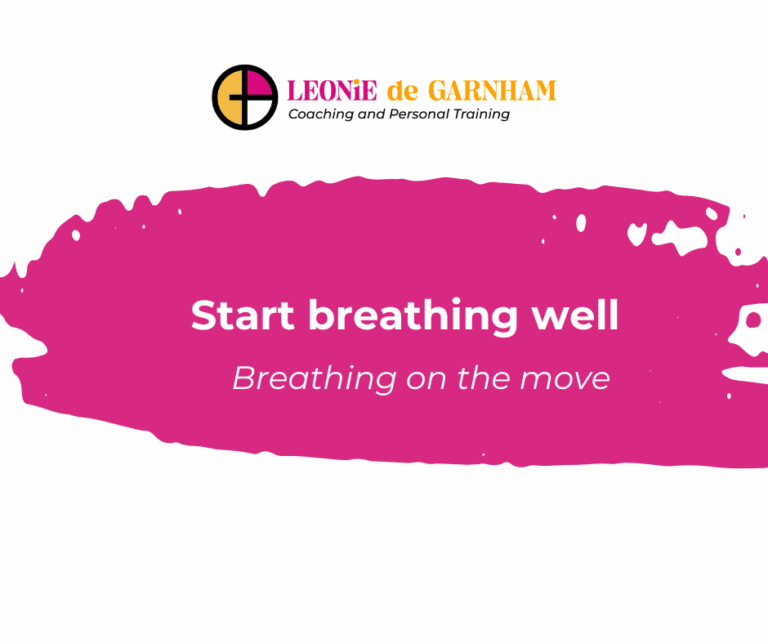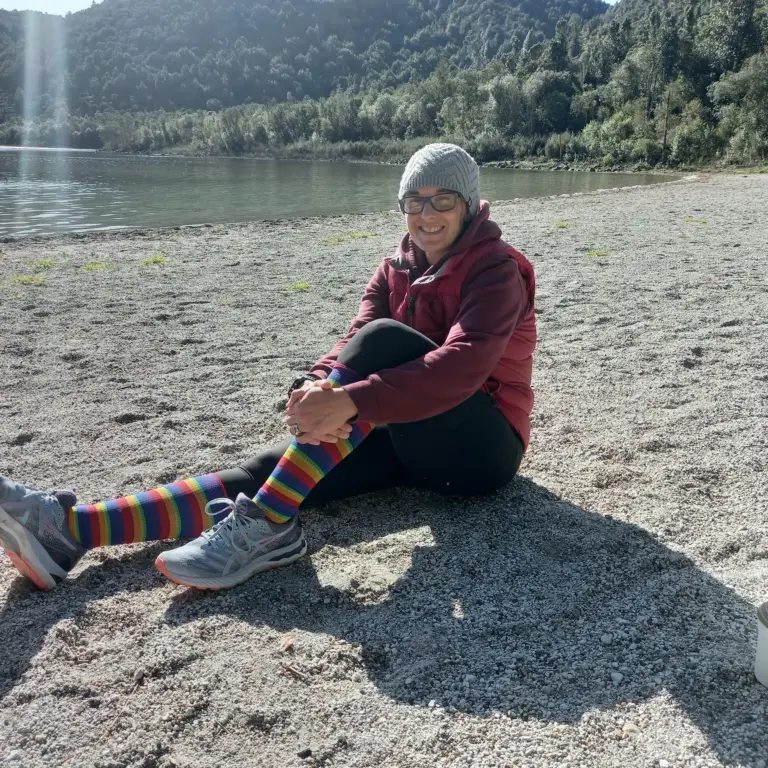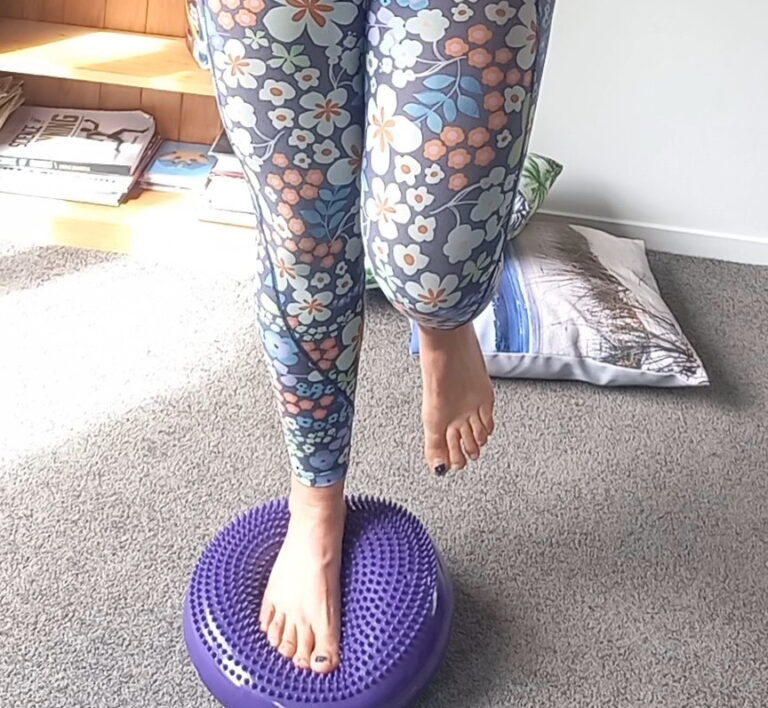What does being healthy mean to you?
In the past when I thought about health, I usually only focused on Training (the working out) and nutrition part. I thought these were the two key building blocks.
Fast forward a few years and a lot more education, I now know that health spans further than the training and nutrition. The training and nutrition are more of the higher levels of health.
When asked the question what is health? Here’s a few things that jump out:
Mental wellbeing, emotional wellbeing, sleep, stress, day to day movement, what you drink, what you eat, how you move, your relationship with others, how you recover from illness/injury, Vo2, cardiovascular, blood pressure,
When we look at health from an achieving healthy results or wanting to make and see changes I use an approach that came from Nardia Norman (www.nardianorman.com) and her Female health and performance certification.
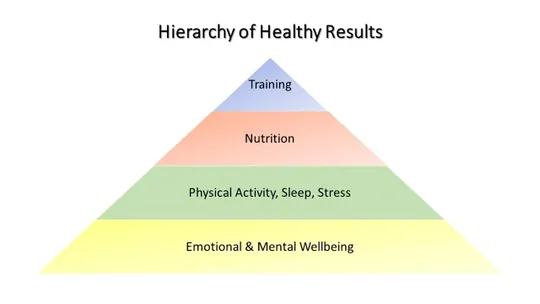
Hierarchy of Healthy Results: Female Health and Performance Certification designed and presented by Nardia Norman: www.nardianorman.com
This pyramid helps you to think about health from a bigger picture than training (which is often the piece we hyper focus on). This pyramid represents your overall health.
What you do in the bottom two levels of the pyramid are going to have the biggest impact to your health:
Emotional & Mental Wellbeing: personal beliefs, self-efficacy, motivation, and self-determination are going to impact your ability to make changes to your health and achieve the results you are wanting.
Physical Activity, Sleep, Stress: these are your typical lifestyle behaviours.
Physical Activity: being your incidental movement you do throughout your day which isn’t prescribed. This is your daily step count, walking the stairs instead of the lift at work (this is the stuff you know). The minimum recommendation for physical activity for adults in New Zealand is 150min per week (2.5hr). 2022/23 only 46.5% of New Zealand adults are meeting these guidelines (Ministry of Health 2022/23:New Zealand Health Survey, https://www.health.govt.nz/nz-health-statistics/surveys/new-zealand-health-survey)
Where do you currently sit with daily physical activity?
Sleep: is when your body become less active. This is the time when your body goes about repair jobs like recovering from your running sessions any injuries and muscle repair happens when you sleep. We want to be getting between 7 – 9hours sleep, along with the duration of sleep you want to look at getting good quality sleep.
Creating a sleep routine / scheduled and avoiding bright lights of electronics (bright light before going to sleep can disrupt your body’s natural sleep-wake functions.
You don’t need a watch to monitor your sleep, simply ask yourself each day how you feel, how much energy you have. You’ll also notice how much caffeine or sugar you crave.
Stress: Seems to be a bit of a through away phrase. “I’m so stressed at the moment”.
You will have and will continue to have stress in your life. You need stress to function, not all stress causes harm. There are two types of stress:
- Eustress: “good stress” when you experience feelings of happiness, following exercise. These feelings drive motivation and make you excited and want to do more. Eustress only happens for short periods.
- Distress: “band stress” triggers your “fight or flight” when you experience adverse events. The problem is your body responds to all distress the same e.g. running late for work, the kids not listening, or your life is in danger. Short lived amounts of distress are ok, your body isn’t designed to stay in elevated levels of stress.
Next time you’re running late for work, try some deep breathing to help your body know that you are safe.
Nutrition: being what you are eating and drinking, your nutritional behaviours. Your nutrition is going to have an impact on your lifestyle behaviours. How much energy your body has to perform all it’s vital functions these being.
- Vital biological functions, keeping your body functioning, this will use energy first
- Physical activity and stress
- Tissue recovery and adaptation
The body will always use the energy you fuel it with in the above order.
Training: This is your planned training / exercise / your programmed movement. E.g. your planned running you do each week / weights program you do at the gym. It’s still important for your overall health, but if the lower levels of the pyramid are suboptimal, your quality of your Training and the ability to adapt and you can struggle to achieve your desired outcomes.
When it comes to my own health, I now prioritise the bottom two layers, make sure priories sleep and take note of my breathing when work and family get crazy.


